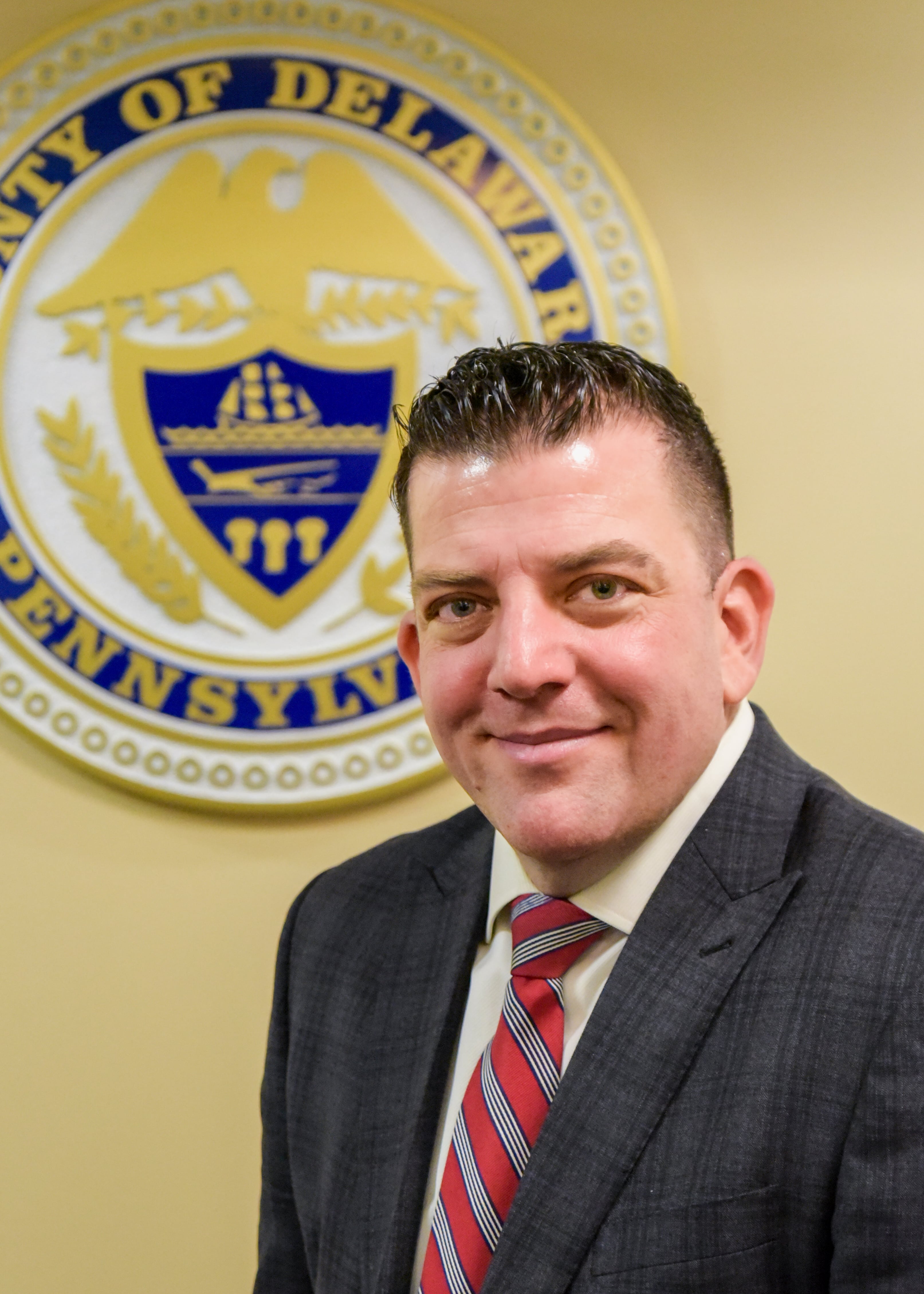Register of Wills & Clerk of Orphans' Court Division
Seven Common Problems with Wills
Submitted for Probate
You must keep your original Will in a safe place. After you pass away, your Will may be brought to the Register of Wills office and recorded. This is called “probate.” The following is a list of common problems that can interfere with your Will being probated:
1. Markings and cross outs. After you prepare a Will, please do not write anything on
the body of the Will document, nor cross out any provisions that you do not like. Actions
such as these are possible causes for your Will to be the subject of a hearing, and your wishes may not
be honored. If you must make a change, please consult a lawyer to have a Codicil prepared or a new Will
drafted.
2. Writing below your signature. Your signature is the completion of your Will. If you write
anything below your signature, it might not be considered a part of your Will. If you
must make an addition to your Will after it is signed, please consult a lawyer.
3. Failure to name an Executor. An Executor is the person who will carry out the provisions
of your Will and administer your Estate. If you fail to name an Executor, the law dictates
who has a right to be appointed. Failure to name an Executor may result in additional fees during probate
and could result in someone you didn’t want to serve as an Executor being appointed.
Therefore, be sure to name an Executor.
4. Failure to name an Alternate Executor. Sometimes the Executor is not able to serve, due
to their own infirmity, death or desire not to serve. In case your chosen Executor cannot serve in this
role for some reason, it is recommended that you name at least one alternate person to take
his/her place. Having a second alternate is also advised.
5. A copy of the Will is presented. The original Will must be presented at probate. If a copy
is presented, it is presumed that the original Will has been destroyed. A hearing may be required
to determine if the copy should be accepted. If you want your Will to be accepted for
probate, it’s a good idea to let someone know where the original Will is located.
6. Failure to have a “self-proven” Will. It is recommended to have witnesses present when
you sign your Will. After they have signed, it is a good idea to have an Affidavit signed by
you and the witnesses. This helps authenticate your Will and leaves out extra steps at
probate to “prove” the authenticity of the signatures. An attorney knows how to prepare
such a document when drafting a Will.
7. Having a Codicil that doesn’t reference the date on your Will. When someone makes a
change to his/her Will, the document prepared is called a “Codicil.” If you prepare a
Codicil to your Will, and you don’t reference the date of your Will on this Codicil, a hearing may be
required to determine its validity. The Codicil must also be signed.
This document does not constitute legal advice. If you have any questions, please consult with an attorney.

